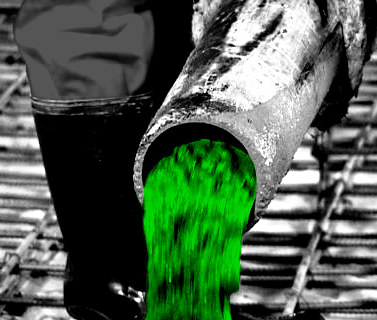Building a better industry with new custom hub
 Better products for the building industry could be just around the corner, with local authorities working on a new age of green manufacturing.
Better products for the building industry could be just around the corner, with local authorities working on a new age of green manufacturing.
Mixed plastic and glass waste will be turned to gold with the establishment of an $8.8 million green manufacturing research hub at in New South Wales.
The federal government will contribute $2.2 million as part of the Australian Research Council Industrial Transformation Research Hubs scheme, and industry partners will contribute a further $6.6 million in cash and in-kind support for the four year project.
The research hub will provide a unique opportunity for a range of different industries to join forces with scientists in a common goal.
Industry partners are beginning to jump on board, including Brickworks Building Products Pty Ltd, Arrium Mining Consumables, Jaylon Industries Pty Ltd, and Tersum Energy Pty Ltd.
The hub will be the site of world-leading research into the high temperature transformation of waste rich in glass and plastic – for example, from used cars – into new products that could include wear-resistant grinding media and light-weight and environmentally-friendly building materials.
UNSW Professor Veena Sahajwalla will lead research at the new hub.
She comes from extensive experience in the field, and has won many awards as the developer of a revolutionary “green steel” making process, commercialised by OneSteel, in which old rubber tyres and plastics are used as a partial replacement for coke in electric arc furnace steelmaking.
“We’ve clearly had good success with green steelmaking, and we could do so much more through green manufacturing. There are so many other opportunities. That’s what drives me on,” says Professor Sahajwalla.
The UNSW research hub was one of seven announced this week by Minister for Education Christopher Pyne, to be funded with $23.9 million in government grants and more than $36.4 million from industry partners.
“The Australian Government is committed to a vibrant research sector with strong industry collaboration. This particular scheme allows us to deliver exactly that,” Mr Pyne said.







 Print
Print